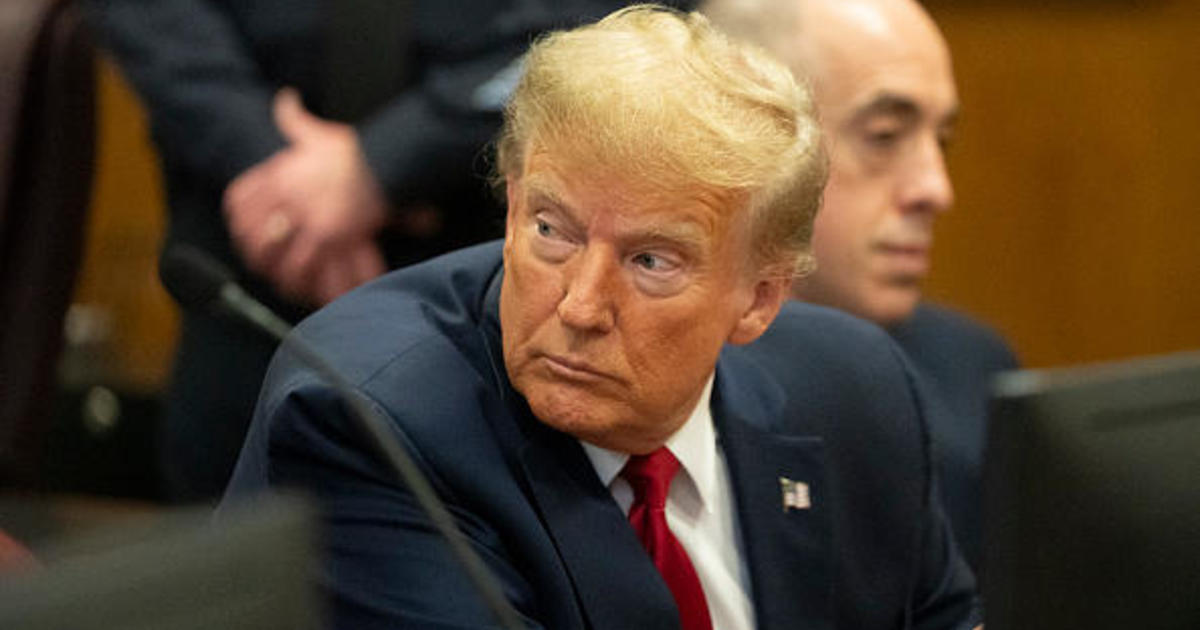The judge who presided over President-elect Donald Trump’s criminal trial, Juan Merchan, is expected to issue a ruling Tuesday that could either turn the case on its head or put Trump on a collision course with sentencing.
The long-awaited ruling, on whether evidence shown at trial should have been shielded from jurors, due to presidential immunity, could have profound consequences for the case.
Trump was the first former president ever to be convicted of crimes. On Nov. 5, he also became the first person with a criminal record ever to be elected president.
Trump’s lawyers vowed the day a unanimous jury found him guilty of felonies in May to fight his conviction. They were given an extraordinary opportunity not long after when the Supreme Court ruled former presidents are immune from prosecution for official acts. The decision said evidence related to Trump’s work as president could not be used at trial.
Trump’s legal team, which is led by Todd Blanche, seized on the landmark ruling, demanding Trump’s conviction be set aside, and his sentencing canceled. They argued jurors should never have heard testimony related to Trump’s communications with former White House communications director Hope Hicks, or his former executive assistant and director of White House Operations Madeleine Westerhout.
Prosecutors argued in response that the Supreme Court ruling didn’t apply to evidence shown at trial. They also said the material protested by Trump’s lawyers were “a sliver of the mountains” of evidence the jury considered.
The jury ultimately concluded that Trump committed 34 felonies in signing off on a scheme to cover-up reimbursements to Michael Cohen, his former attorney and fixer. Cohen had paid $130,000 to adult film star Stormy Daniels, days before the 2016 presidential election, to buy her silence about an alleged sexual encounter with Trump years early. The agreement has often been referred to as a “hush money” deal.
Trump insists he is not guilty of falsifying business records — the charge he was convicted on — and has vehemently denied Daniels’ story.
The Supreme Court’s decision in July was the latest curveball in a case that dates back to 2018, when the Manhattan District Attorney’s office first began investigating the “hush money” deal.
Trump, amid his first term as president, fought the investigation as it expanded into a wide-ranging probe of his finances. The case’s first landmark Supreme Court ruling came in 2020, when the nation’s highest court ruled the Constitution does not preclude a state criminal subpoena of a sitting president. The ruling allowed the Manhattan District Attorney, then Cyrus Vance Jr., access to Trump’s tax returns.
The borough’s next district attorney, Alvin Bragg, took up the case but narrowed its focus, bringing it back to the “hush money” deal. On March 31, 2023, a grand jury made Trump the first ever former, and future, president indicted for crimes.
Trump’s seven-week trial began just more than a year later, on April 15. The jury returned his conviction after a day and a half of deliberations.
Trump, sullen but defiant, walked out of the courtroom and in front of cameras just steps away immediately returned to his campaign for the presidency.

Leave a Reply